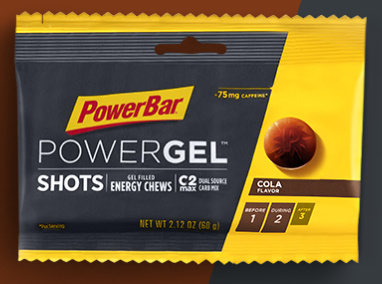If you can find someone to go to, I would definitely do it. My experience was really interesting - one piece was assessing your metabolic rate, as well as other things like skeletal mass versus muscle, fat, water composition. Muscle balance left to right and legs v. upper body. Finding your basal metabolic rate and then using your personal information and workout schedule/goals, as well as desire/recommendation to gain/lose weight and/or muscle, etc. Also we discussed things like health, injury, chronic aches/pains and other issues…for example, she took any GI issues into account when recommending race day nutrition as those are days your body is already under stress.
Then - developing a ‘standard’ diet based on all of the above…and helping prepare a “training” diet and a “race day” diet. That included things like anti-inflammatory foods, anti-inflammatory supplements, and things to really eliminate before hard training/racing since those can cause their own damage.
It was super interesting and really helpful, both in getting me to and through my long race, but setting me up for improvement in next season.
Where are you located? (Generally)?

 I definitely would not take them throughout a whole day though…caffeine overload!
I definitely would not take them throughout a whole day though…caffeine overload!